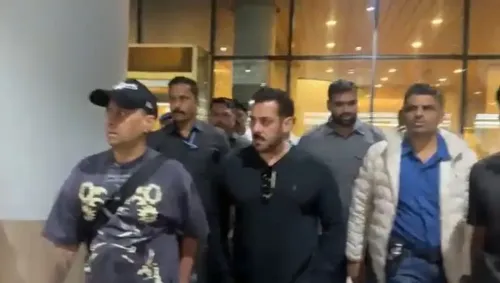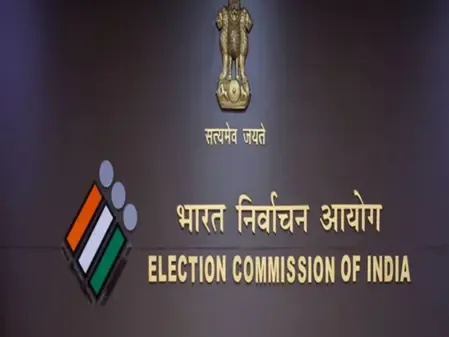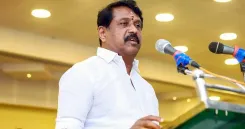What Did Israeli PM Netanyahu and Russian President Putin Discuss About the Middle East?

Synopsis
Key Takeaways
- Netanyahu and Putin discussed critical Middle East issues over a phone call.
- Focus areas included Gaza, Iran's nuclear program, and Syria's stability.
- Russia introduced a UN resolution contrasting with the US proposal.
- The US plan calls for an independent stabilization force in Gaza.
- Both proposals have significant implications for the region's future.
Jerusalem, Nov 16 (NationPress) Israeli Prime Minister Benjamin Netanyahu and Russian President Vladimir Putin engaged in a phone dialogue where they shared their perspectives on the current dynamics in the Middle East, as reported by both parties.
As per a statement from Netanyahu's office, the conversation was initiated by Putin on Saturday evening, following a series of prior discussions regarding regional matters. The specifics of the dialogue were not disclosed, according to reports from Xinhua news agency.
The Russian presidency mentioned that both leaders discussed various topics including the latest developments in Gaza amid the ceasefire, Iran's nuclear ambitions, and the ongoing stabilization efforts in Syria, among other pressing issues.
On Thursday, Russia put forth its own draft resolution in the UN concerning Gaza, which stands in contrast to a US proposal that advocates for the UN Security Council's endorsement of President Donald Trump's Gaza peace initiative.
Reports indicate that the US plan seeks to establish an international stabilization force in Gaza, operating independently of the UN, while allowing Israel to maintain control over the security perimeter surrounding Gaza for an indefinite duration.
Trump has dismissed the idea of deploying US troops as part of the proposed 20,000-strong contingent.
US Secretary of State Marco Rubio expressed optimism on Wednesday regarding the resolution's potential approval, stating that there was “good progress” in the negotiations regarding its wording.
Conversely, the Russian proposal emphasizes the establishment of an international stabilization force under direct UN oversight, opposes any demographic or territorial alterations in Gaza, and advocates for the realization of the two-state solution.








